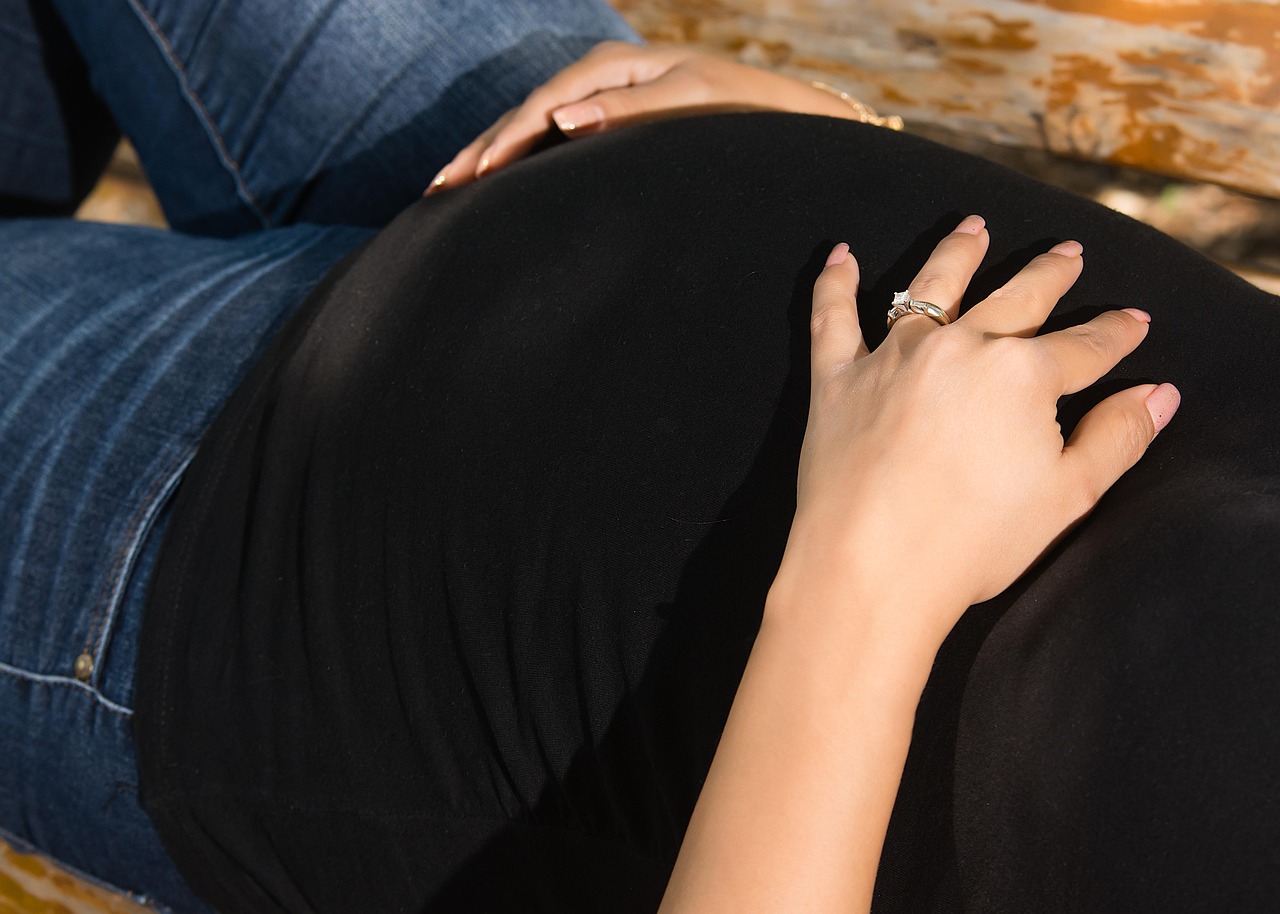Media release
From:
Losing weight before IVF may increase chance of pregnancy
A systematic review and meta-analysis of randomized controlled trials (RCTs) assessed whether weight loss interventions before in vitro fertilization (IVF) improved reproductive outcomes. The review found that weight loss interventions before IVF could increase the chances of pregnancy, especially in unassisted conception, although the effect on live births was unclear. The findings are published in Annals of Internal Medicine.
Researchers from the University of Oxford reviewed 12 RCTs comprising 1,921 patients conducted between 1980 through 27 of May 2025. Inclusion criteria included studies conducted on women at least 18 years old with a BMI of 27 kg/m2 or greater who were seeking IVF with or without intracytoplasmic sperm injection treatment for infertility. Outcomes of interest were number of participants achieving pregnancy without IVF (unassisted pregnancy), with IVF (treatment-induced pregnancy), overall (unassisted plus treatment-induced) and those delivering a live infant. The researchers found that participants were typically women in their early 30s with a median baseline BMI of 33.6 kg/m2. Weight loss interventions studied included low-energy diets, an exercise program accompanied by healthy eating advice, and pharmacotherapy accompanied by diet and physical activity advice. Overall, weight loss interventions before IVF were associated with greater unassisted pregnancy rates. Evidence was inconclusive on the effect of weight loss interventions on treatment-induced pregnancies. Evidence on the association between weight loss interventions before IVF and live births was uncertain, although there was moderate certainty of no association with pregnancy loss. The findings suggest that weight loss interventions before IVF increase total pregnancies, mainly through an increase in unassisted pregnancy rates. However, further high-quality clinical trials testing different weight loss interventions, particularly those known to achieve greatest weight losses (e.g. low-energy total diet replacement programs) are needed.



 International
International


